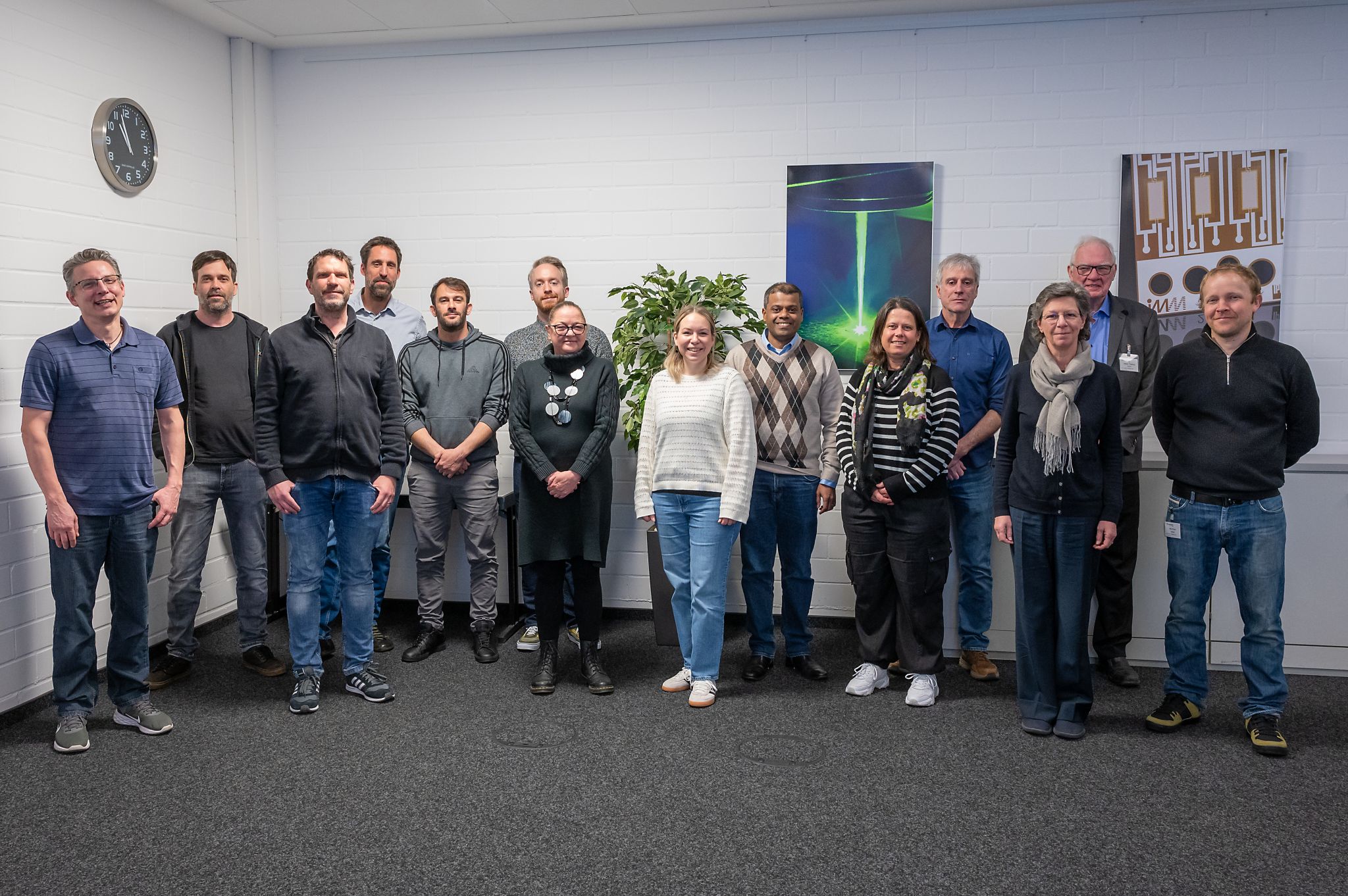The Cyprus Institute of Neurology and Genetics (CING) has officially joined the European research project PoCCardio, a major initiative focused on improving the prediction and prevention of myocardial infarctions.
The project, titled Personalised Medicine by using an Advanced Point-of-Care Tool for Stratified Treatment in High Risk Cardiovascular Patients, brings together leading institutions across Europe to develop more precise and individualised diagnostic tools for cardiovascular disease.
As part of PoCCardio, a total of 1,800 patients with a history of heart attacks are participating in clinical trials, where key medical data and biomarker measurements are being collected to aid in the diagnosis and prognosis of heart conditions.
The project is funded by the European Union under the Horizon Europe programme with a total budget of €14 million.
CING has secured €540,000 in funding to support its contribution to the project.
The institute joins PoCCardio as a new partner under the “Hop-on Facility” of the Horizon Europe programme, specifically within the Widening participation and spreading excellence initiative, which enables research institutions from widening countries to participate in ongoing research and innovation actions.
CING’s Department of Bioinformatics, which specialises in computational diagnostics and therapeutics, will lead the institute’s involvement in the project under the guidance of Associate Scientist Dr Anastasios Oulas.
“We are proud that CING is participating in this important European project,” said Dr Oulas.
“Through modern bioinformatics, our goal is to help better predict the risk of myocardial infarction so that patients can receive timely and personalised treatment,” he added.
“Collaboration with leading research centres in Europe,” he continued, “significantly enhances our efforts for the benefit of everyone’s health.”
Professor Hans Peter Dimai, the project coordinator from the Medical University of Graz, welcomed the Cypriot institute, saying, “We are pleased to welcome CING to the project.”
He explained that “CING’s Department of Bioinformatics serves as a bridge between technical and clinical teams, combining clinical experience with technical expertise, promoting support based on Systems Bioinformatics.”
“This can help predict high-risk patients and their treatment responses, leading to more advanced diagnostic services,” he added.
Under the PoCCardio project, the Bioinformatics Department at CING will use network generation tools to identify clinically significant interactions among biomarkers.
These tools will create a network based on genomic and proteomic biomarkers collected during the project, along with publicly available data on proteins and gene polymorphisms associated with cardiovascular disease.
From these networks, algorithms will be trained to reliably predict the risk of myocardial infarction.
Additionally, using enriched biomarker measurements, the department will develop a diagnostic protocol for heart attack risk prediction that integrates data from the project’s PoC (point-of-care) device.
This protocol will enable rapid and efficient analysis using advanced artificial intelligence, supporting the project’s goal of timely and cost-effective patient risk profiling.
CING’s participation is expected to strengthen its reputation as a key contributor to cutting-edge European research, while also advancing the broader mission of Horizon Europe to improve innovation capacity and research excellence across the continent.






Click here to change your cookie preferences